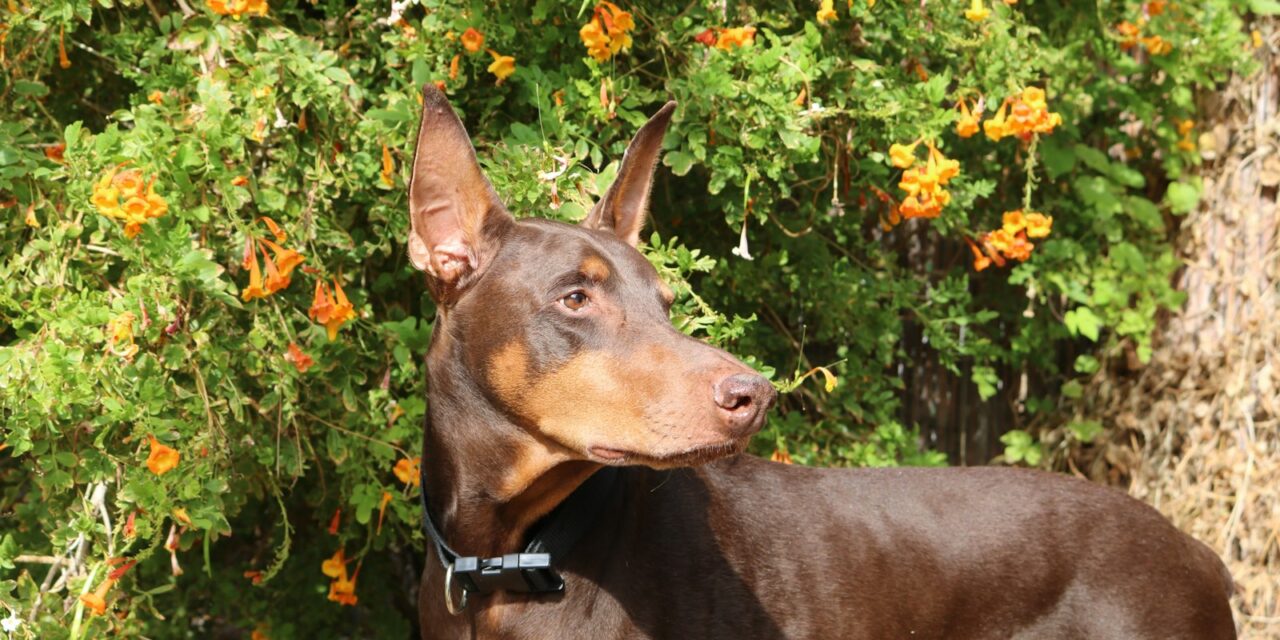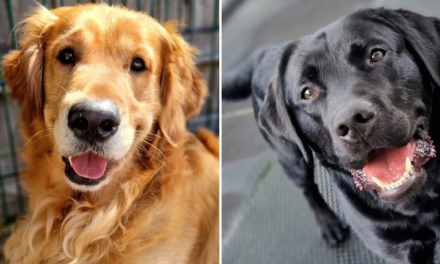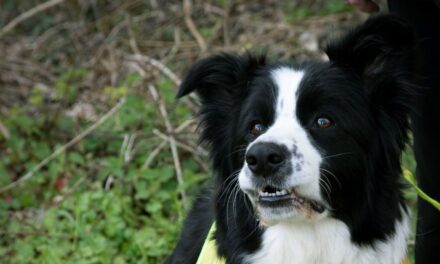The World Small Animal Veterinary Association (WSAVA) has released a compelling Position Statement, firmly opposing the physical alteration of animals for cosmetic or behavioural control reasons.
This move aims to draw attention to the growing concern of ‘cosmetic mutilations’ globally, even in regions where such practices are prohibited.
In its Position Statement, the WSAVA calls for a collective effort from country veterinary associations and kennel clubs to adopt similar guidelines. The Association also urges veterinary professionals to play an active role in educating pet owners about the potential harm caused by these procedures and provides counsel on enhancing animal welfare and living conditions.
Growing Issue of Cosmetic Mutilations
The WSAVA’s Animal Welfare Committee (AWC) emphasizes the escalating problem of ‘cosmetic mutilations’ in various parts of the world, including countries where such practices are legally banned, such as the UK and many European nations. The Position Statement aims to support ongoing campaigns by national veterinary associations while encouraging others to reconsider breed standards that endorse cosmetic mutilation. Additionally, they encourage a health-focused approach to these standards.
Expressing concern, the WSAVA highlights the prioritization of convenience surgeries and cosmetic alterations over creating optimal behavioural, physical, and emotional states for animals. The Association underscores the intrinsic value of animals as sentient beings and condemns the message that portrays them as commodities to be altered according to human preferences.
The WSAVA’s Position Statement explicitly opposes onychectomy, devoicing, tail docking, ear cropping, and other cosmetic surgeries. In cases where procedures like tail docking are deemed medically necessary, the Statement insists on the use of appropriate anaesthesia and pain control, emphasizing that only a qualified veterinarian should perform such procedures.
Ethical Obligations of Veterinarians
Dr Heather Bacon OBE, Chair of the WSAVA AWC, underscores the ethical obligations of veterinarians to act in the best interests of their patients. The Position Statement also encourages a comprehensive cost-benefit analysis and evidence-based practice to ensure the optimum health and welfare outcomes for companion animals.
The WSAVA believes that proactive engagement with communities and the promotion of the value of healthy animals with intact features will contribute to better animal health and welfare outcomes. The Association hopes that its Position Statement will serve as a guide for colleagues worldwide in addressing these contentious issues.








